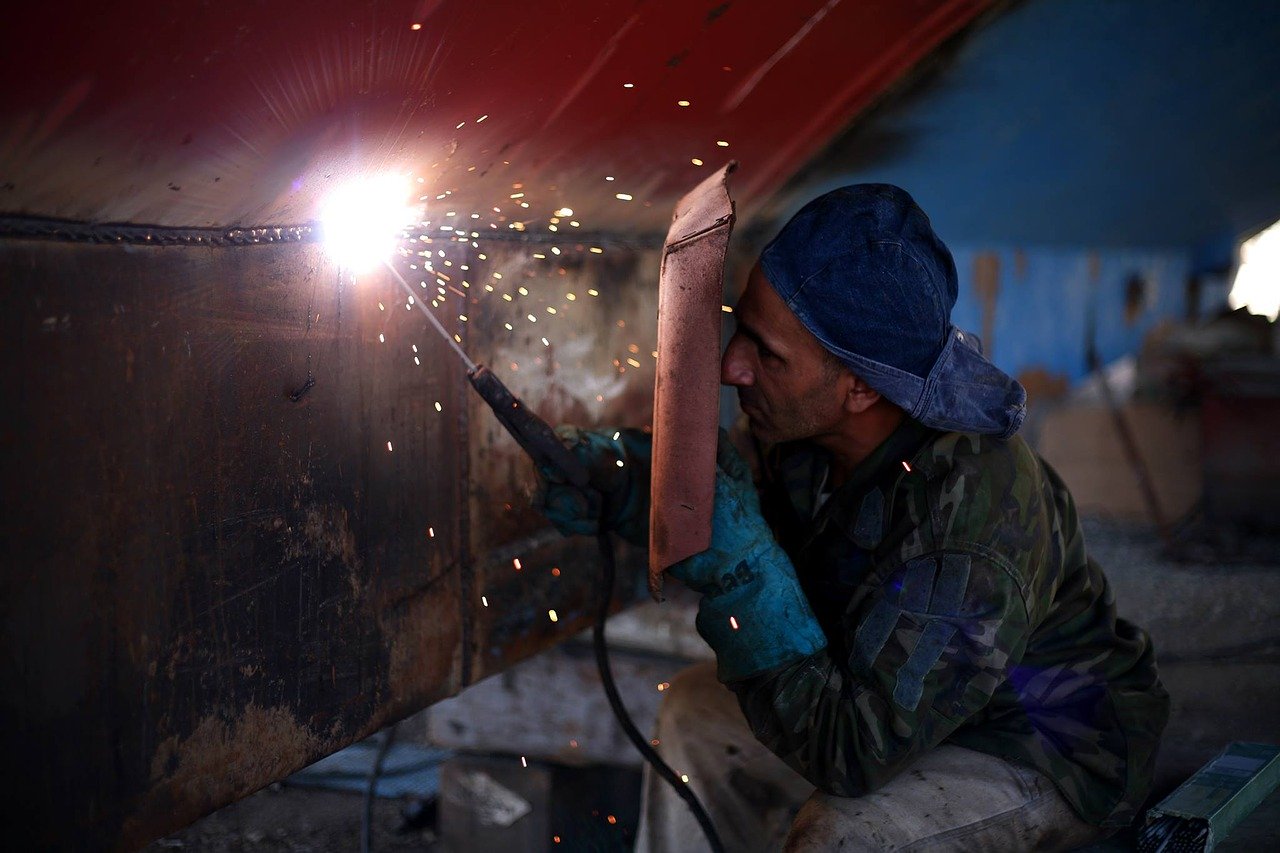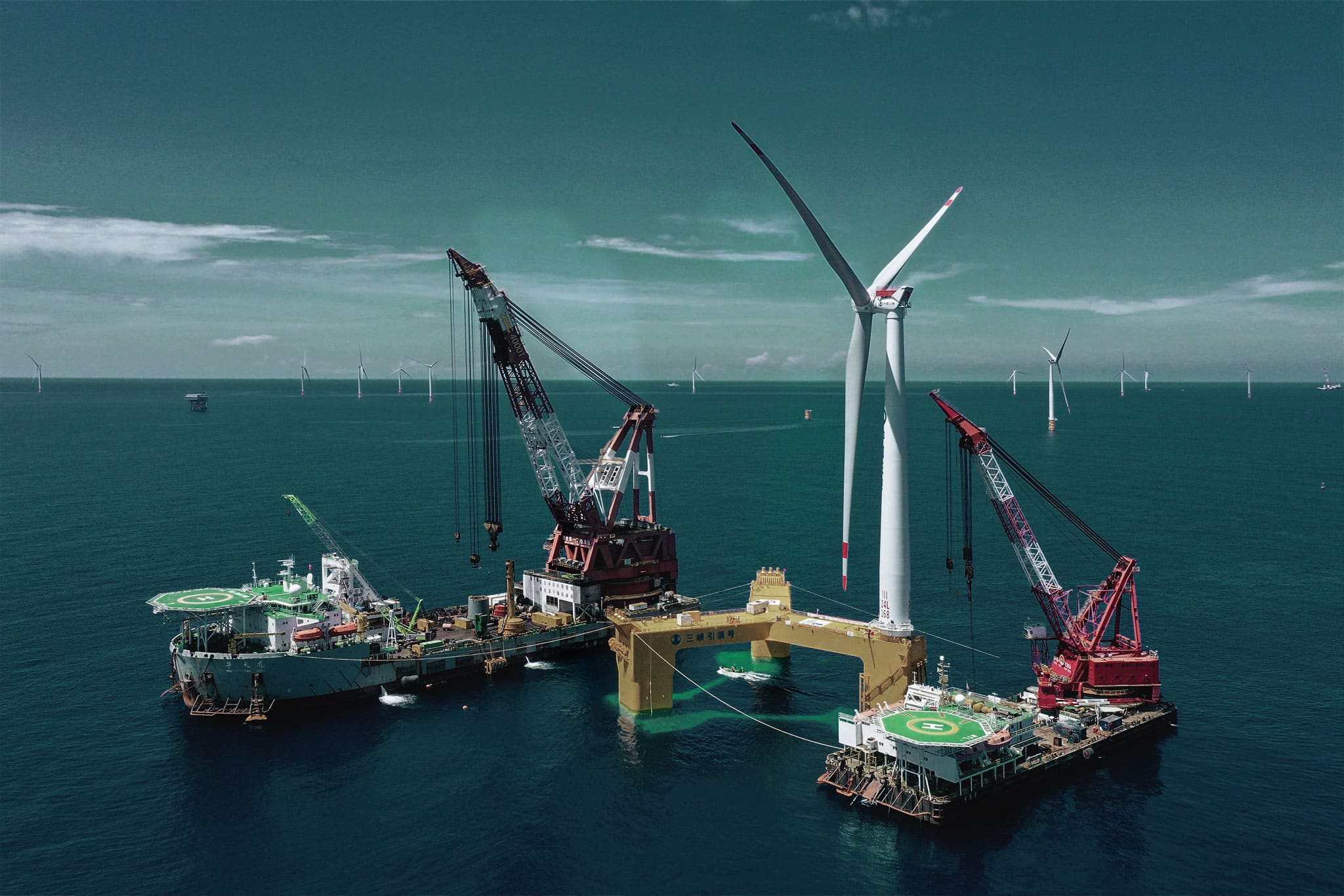Construction activities in the Netherlands have been growing, especially the past year. Currently, 30% of the commercial traffic in Dutch cities comes from the construction sites as 50% of Dutch construction turnover is happening in the major cities. And that is predicted to grow to 80% in the next ten years. The increasing housing shortage in the Netherlands has tasked the Dutch construction sector to build a million new quality homes, sustain the subsisting housing stock, and modernise the wastewater systems.
Construction Traffic
By April this year, it has been estimated that 30% of the commercial traffic in Dutch cities is accounted for the building sites: more than 200,000 delivery vans and 20,000 trucks every day do construction-related logistics. This leads to congestion and affects air quality, noise, and overall traffic safety. This also majorly contributes to CO2 emissions.
The quality of city life is under “threat” thanks to the increase in construction activities. This will dramatically escalate interruptions of daily life for residents, business owners, and visitors. According to an Amsterdam city council member while talking about a major project in the centre of the city, “Chaos is inevitable, however, and the impact will be enormous.” The Dutch Logistics Sector, however, has concluded that chaos doesn’t have to be the choice. To prevent the anticipated interruptions, the key is to set up smart construction logistics ahead of time. This will not only save money but will also cut CO2 emissions by half.
Smart Logistics
The carriage to and from the construction sites amounts to more than 15% of overall construction costs. Inefficient logistics end in high failure costs that’s why the Dutch construction industry has been testing new ideas over the past years that include situating construction hubs in strategic locations, using construction containers, initiating traffic measures and hauling materials by water. These different experiments result to a likely 70% less transportation to sites, 70% less carbon dioxide emissions, and 40% improvement in productivity at the site. Dutch companies in association with the Netherlands Organisation for Applied Scientific Research (TNO) and partnering universities have played around with these ideas and concluded a 3–5% savings on construction costs while decreasing complaints from residents in surrounding areas. Apparently, smart construction logistics benefits society while improving efficiency within the construction sector. Investments eventually pay for themselves.
Shift in Culture and Mindset
Regardless of the benefits shown by the mentioned experiments, smart logistics have not yet been formally attached to the current construction practice used in the Netherlands. However, forward-thinking construction companies are aware of the changes that need to occur, changes that target long-term collaboration within the entire industry. In fact, bigger contractors are now playing around with information and communications technology (ICT) to contain complete data sets for construction processes, including transport planning, materials management, and general construction logistics. The Dutch construction industry has been wanting to start the digitisation, but they are still waiting for the clients who seem to be falling behind.
Role of the Clients and the Government
To properly attach smart construction logistics to the current building practices, a lot of things still needs to be done. Construction logistics should be viewed as a permanent agenda item in accessibility, livability, and safety regulations and tendering procedures. Tender processes for construction contracts allow stakeholders to let logistics quality outweigh price considerations. Rijkswaterstaat, Netherlands’ national agency responsible for designing, constructing, managing, and maintaining the country’s main infrastructure facilities, has executed a lot in this regard. It’s something that public sector clients and larger municipalities (client or permit user) can copy and put into practice in other Dutch cities.
Small-Scale Projects and Logistics
Major construction companies and building suppliers have the means to tailor their logistics. However, the sector’s worry concerns construction logistics of small projects by small businesses and independent firms. Coming up with alternative logistics approaches should be compulsory. The common practice of having throngs of contractors deliver to the cities with their individual trucks and vans is not sustainable.
There are feasible options, though, that are more sustainable. For example, containers, trucks and vans loaded with project materials and tools can be delivered to the project sites in the evenings. Local governments can further foster this by dedicating particular locations like barges on the water. These ideas are not entirely new but could be stimulated if small contractor firms would organise cooperative logistics or if they can arrange wholesale support from logistics service providers with strategic stock locations.
Incorporating smart construction logistics with smart construction management would allow projects to proceed faster, cause less daily life interruptions, require fewer human traffic, and improve the whole performance of the construction sector. Innovation will be further encouraged, which in turn, will stimulate the development of construction measures needed in the Netherlands to keep the areas around construction projects in major Dutch cities habitable and accessible. Additionally, construction costs will be 3 to 5% lower. To realise this, all stakeholders will have to work together. Smart construction logistics is a huge complementation to construction digitalisation and should be on the Construction Agenda of the Netherlands Construction Task Force.
To get a bigger picture of the Dutch construction industry and the current innovations it’s undergoing to digitalise its processes, complement this informative article with information on the BIM Loket, the Netherlands’ BIM gateway. We also have a free ebook offer to help you boost productivity on your construction site.



